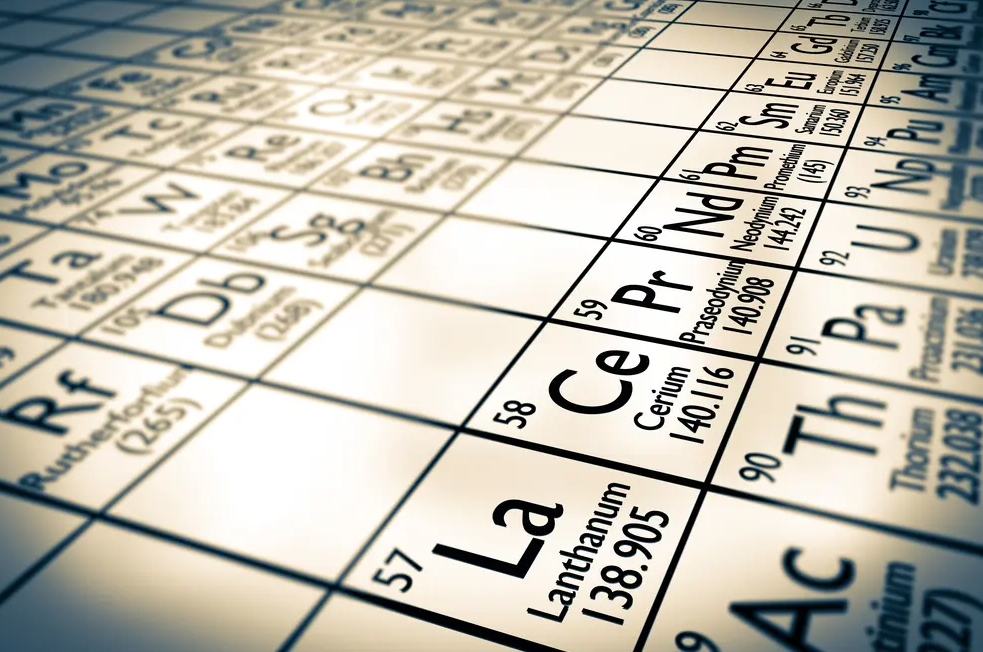Discovery of Osaka University boosts rare earth circular economy
(sustainabilityenvironment.com) – By combining brewer’s yeast and a food additive, precious metals and rare earths can be recovered from seawater and thermal water. This was achieved by a group of researchers from the University of Osaka, Japan, led by Professor Masayuki Azuma, who conducted experiments with the aim of finding a new solution to the global demand for rare earth.
The demand for these elements will rise as the technology industry grows and permeates our societies. But concentration in some countries and, in particular, China’s dominance over international trade, make procurement complex. The position of strength allows the dragon to dictate prices and have an important diplomatic leverage in relations with third countries. This is why recovery and recycling become activities to invest in in order to gain independence.
The Japanese tried, using synthetic seawater and thermal water in their experiment, to evaluate the performance of an absorbent material that integrates brewer’s yeast and trimetaphosphate. This additive is used in the food industry as starch modifier, water retention agent in meat processing, stabilizer in cheese and dairy products and not only.
These are cheap raw materials, but they have responded well to the tests of the University of Osaka. The material obtained from yeast and trimetaphosphate can selectively absorb rare earth even from thermal spring water, when it has a concentration of a few tens of parts per billion.
“We predict that this new technology will contribute to the realization of a society based on the circulation of metal resources – said Masayuki Azuma – In the future, we will continue to conduct experiments on different types of water with the aim of establishing a system capable of treating large quantities of metal resources”.

